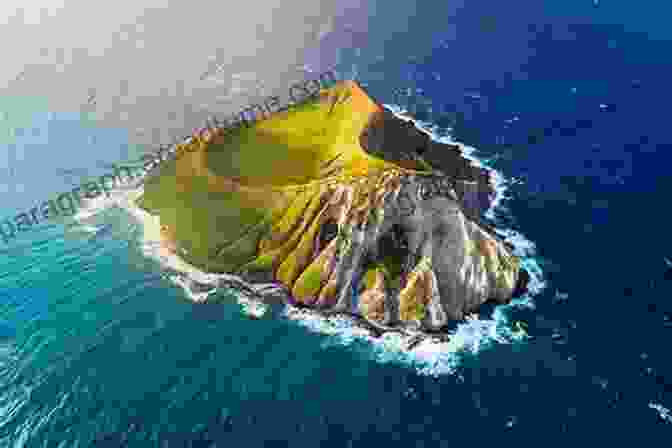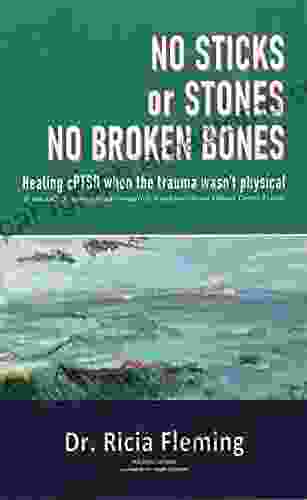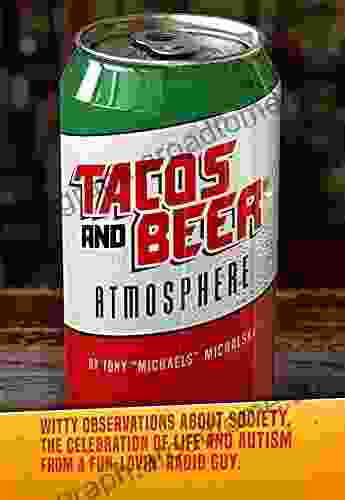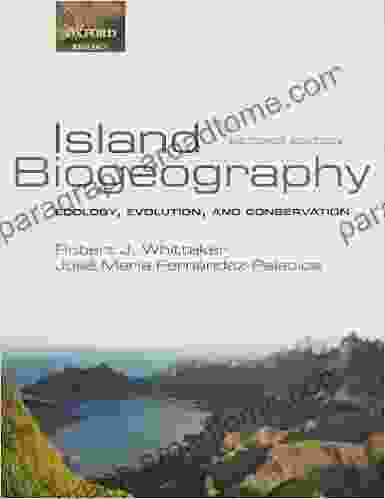Island Biogeography: Ecology, Evolution, and Conservation


4.8 out of 5
| Language | : | English |
| File size | : | 7490 KB |
| Text-to-Speech | : | Enabled |
| Screen Reader | : | Supported |
| Print length | : | 416 pages |
| Lending | : | Enabled |
The study of island biogeography delves into the intricacies of life on islands, revealing the unique challenges and opportunities that shape the ecological, evolutionary, and conservation dynamics of these isolated ecosystems. Islands have long fascinated scientists and naturalists alike, serving as natural laboratories to investigate the fundamental principles of biology.
The Ecological Perspective
From a purely ecological standpoint, islands offer a controlled environment for studying species diversity, population dynamics, and ecosystem interactions. The isolation of islands creates distinct boundaries that limit the dispersal of species, resulting in unique patterns of species composition and abundance. The "species-area relationship," first proposed by MacArthur and Wilson, predicts that larger islands support a greater number of species due to increased habitat diversity and carrying capacity.
Island ecosystems are often characterized by simplified food webs and reduced competition, leading to rapid evolutionary changes in species traits. Isolation can drive the loss of predators and competitors, allowing certain species to expand their niches and diversify rapidly. This phenomenon, known as "island gigantism" or "island dwarfism," is evident in the giant tortoises of the Galapagos Islands and the diminutive deer of Jersey.
The Evolutionary Perspective
Islands provide exceptional opportunities for investigating evolutionary processes, particularly those related to adaptation and speciation. The isolation of islands promotes genetic divergence, facilitating the development of distinct populations and potentially leading to the formation of new species. Over time, island populations can adapt to unique environmental conditions, leading to the emergence of endemic species found nowhere else on Earth. The Hawaiian Islands, for instance, are renowned for their exceptional biodiversity, including numerous endemic bird species that have evolved in isolation.
The study of island evolution also sheds light on the role of extinction in shaping biodiversity. Islands are particularly vulnerable to extinction events due to their limited habitat size and reduced population sizes. Invasive species, habitat loss, and climate change pose significant threats to island ecosystems, highlighting the importance of conservation efforts to preserve these fragile environments.
The Conservation Perspective
The conservation of island ecosystems is of paramount importance for maintaining global biodiversity and ecosystem services. Islands often harbor unique species and ecosystems that are not found anywhere else, making them irreplaceable reservoirs of genetic and ecological diversity. However, island ecosystems are facing a multitude of threats, including habitat destruction, pollution, invasive species, and climate change.
Conservation efforts on islands require a multifaceted approach that addresses both local and global challenges. Protecting and restoring habitats, controlling invasive species, and mitigating climate change impacts are essential steps towards safeguarding island ecosystems. Establishing marine protected areas, implementing sustainable tourism practices, and raising awareness about the importance of island conservation are vital components of this endeavor.
Island biogeography is a captivating field of study that provides invaluable insights into the ecological, evolutionary, and conservation dynamics of island ecosystems. By understanding the unique challenges and opportunities faced by island species, we gain a deeper appreciation for the interconnectedness of life on Earth and the importance of conserving these fragile environments. Through continued research and conservation efforts, we can ensure the preservation of island biodiversity for generations to come.
4.8 out of 5
| Language | : | English |
| File size | : | 7490 KB |
| Text-to-Speech | : | Enabled |
| Screen Reader | : | Supported |
| Print length | : | 416 pages |
| Lending | : | Enabled |
Do you want to contribute by writing guest posts on this blog?
Please contact us and send us a resume of previous articles that you have written.
 Book
Book Novel
Novel Page
Page Chapter
Chapter Text
Text Story
Story Genre
Genre Reader
Reader Library
Library Paperback
Paperback E-book
E-book Magazine
Magazine Newspaper
Newspaper Paragraph
Paragraph Sentence
Sentence Bookmark
Bookmark Shelf
Shelf Glossary
Glossary Bibliography
Bibliography Foreword
Foreword Preface
Preface Synopsis
Synopsis Annotation
Annotation Footnote
Footnote Manuscript
Manuscript Scroll
Scroll Codex
Codex Tome
Tome Bestseller
Bestseller Classics
Classics Library card
Library card Narrative
Narrative Biography
Biography Autobiography
Autobiography Memoir
Memoir Reference
Reference Encyclopedia
Encyclopedia Jess Dharma
Jess Dharma John D Carter
John D Carter Stephen English
Stephen English Jim Keith
Jim Keith Leon King
Leon King Juan Diago
Juan Diago Richard Freeborn
Richard Freeborn Mark Dredge
Mark Dredge Ron Burgundy
Ron Burgundy Ross Heaven
Ross Heaven Kelly J Baptist
Kelly J Baptist John G Gunderson
John G Gunderson Massimo Recalcati
Massimo Recalcati Jill Smith
Jill Smith Robert Vitelli
Robert Vitelli Jeremy Leblanc
Jeremy Leblanc Joan Rothschild
Joan Rothschild Rachelle Bergstein
Rachelle Bergstein Pukumuku
Pukumuku Jimmy Z
Jimmy Z
Light bulbAdvertise smarter! Our strategic ad space ensures maximum exposure. Reserve your spot today!

 Gavin MitchellUnveiling the Vibrant World of Japanese Street Art: A Journey through Bold...
Gavin MitchellUnveiling the Vibrant World of Japanese Street Art: A Journey through Bold... Zadie SmithFollow ·15.6k
Zadie SmithFollow ·15.6k Greg FosterFollow ·3.5k
Greg FosterFollow ·3.5k Robin PowellFollow ·4.7k
Robin PowellFollow ·4.7k Hugh BellFollow ·18.3k
Hugh BellFollow ·18.3k Grayson BellFollow ·3.3k
Grayson BellFollow ·3.3k Richard AdamsFollow ·2.8k
Richard AdamsFollow ·2.8k Hamilton BellFollow ·18.5k
Hamilton BellFollow ·18.5k Brian BellFollow ·5.6k
Brian BellFollow ·5.6k

 Julio Cortázar
Julio CortázarAn Illustrated Encyclopedia Of Live Concerts And...
Immerse yourself in the...

 Edgar Cox
Edgar CoxNon Physically Assaultive Attachment Based Chronic Covert...
What is Covert...

 Robert Reed
Robert ReedThe Baseball of Why: Unraveling the Intricacies of...
Step up to the plate and...

 Aldous Huxley
Aldous HuxleyTacos and Beer: An Atmosphere of Flavorful Delights
In the realm of culinary adventures,...

 Stan Ward
Stan WardUnlock the Secrets of the Aramaic Jesus: Revelations of a...
Journey Back to the Roots of...

 Vincent Mitchell
Vincent MitchellMillionaire Success Strategies: Your Blueprint for...
Unlock the...
4.8 out of 5
| Language | : | English |
| File size | : | 7490 KB |
| Text-to-Speech | : | Enabled |
| Screen Reader | : | Supported |
| Print length | : | 416 pages |
| Lending | : | Enabled |










